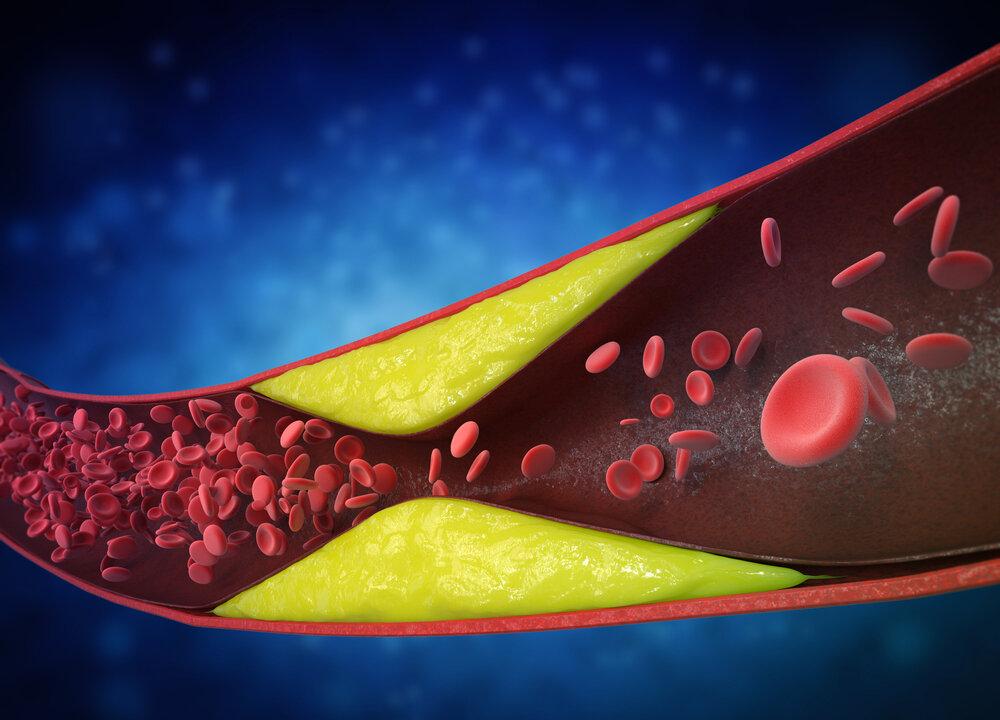1. Genetically Modified Organisms
In the United States, genetically modified organisms (GMOs) include corn, soybeans, and canola, and more types are being introduced. GMO tomatoes are expected to be available soon.GMOs aren’t subject to stringent restrictions in the United States, leading to considerable controversy regarding their use. Proponents argue that GMOs are safe and enable us to grow larger quantities of food, whereas many critics contend that they pose health risks.
Why, then, do Europe and other countries impose restrictions on GMO products? It’s widely believed that natural products are generally healthier. Additionally, the long-term health effects of genetically modified products remain uncertain.
2. Chlorine-Washed Chicken
The chicken in stores often appears white, fresh, and clean. In reality, much of this chicken has been treated with chlorine-based antimicrobial agents. This process removes and prevents bacterial growth and makes the chicken look exceptionally clean and appealing.3. Milk Produced With Recombinant Bovine Growth Hormone
Recombinant bovine growth hormone (rBGH) is created through genetic recombination technology. It mimics cows’ natural growth hormone and increases milk production by stimulating the proliferation and activity of mammary cells.As a hormone, rBGH can interfere with human hormone levels, potentially affecting thyroid function.
4. Hormone-Treated Beef
The fourth issue involves beef from cattle treated with sex hormones. These hormones, including testosterone, estradiol, and progesterone, promote rapid growth in cattle, thereby increasing beef production. However, these sex hormones may have adverse health effects on humans.5. Beverages Containing Brominated Vegetable Oil
Brominated vegetable oil (BVO) is a plant oil modified with bromine, an emulsifier used primarily in citrus-flavored drinks. The FDA regulates its maximum allowable concentration.Effects on Immune Function and Increased Cancer Risk
Long-term consumption of foods containing additives, various hormones, and antimicrobials can have systemic effects on our health.When the immune system becomes dysregulated, its ability to respond to external pathogens can become either excessively reactive or deficient, causing serious health consequences. For example, it can increase the likelihood of allergic reactions. After exposure to certain foods, the body may become more sensitive to various chemical stimuli, leading to conditions such as allergic rhinitis, asthma, and skin allergies. If the immune system remains hyperactive, it can cause erroneous overreactions, resulting in autoimmune diseases.
Additionally, these foods can have a detrimental impact on our digestive tract, leading to symptoms such as indigestion, imbalanced gut microbiome, constipation, diarrhea, and abdominal pain. The root cause is the damage these foods inflict on the intestinal mucosa.
Hence, long-term consumption of these foods increases the risk of cancer. When the immune system is compromised, the risk of cancer rises. These foods interfere with the body’s ability to regulate chronic inflammation and oxidative stress, which are fundamental for preventing cancer, managing chronic diseases, and slowing aging.
5 Tips for Avoiding These Foods
- Whenever possible, opt for organic foods. Although they are generally more expensive, prioritizing your health by consuming higher-quality foods is worthwhile.
- When purchasing products, carefully read the labels and choose those without added color additives, hormones, or antibiotics.
- Avoid beverages containing BVO additives. Instead, opt for water or alternatives like coconut water.
- Choose foods certified as non-GMO.
- Minimize consumption of packaged and processed foods.







